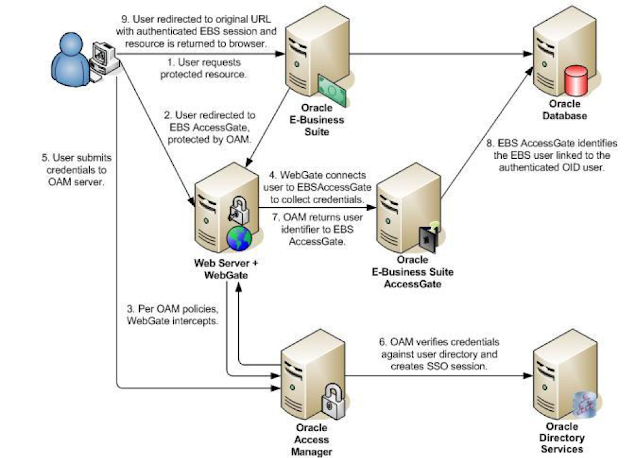Concurrent Managers
The concurrent managers in the Oracle e-Business suite serve several important administrative functions. Foremost, the concurrent managers ensure that the applications are not overwhelmed with requests, and the second areas of functions are the management of batch processing and report generation.
This article will explore tools that are used by experienced administrators to gain insight and improved control over the concurrent management functions. We will explore how the concurrent managers can be configured via the GUI, and also explore scripts and dictionary queries that are used to improve the functionality of concurrent management.
The Master Concurrent Managers
There is a lot of talk about "the" concurrent manager in Oracle Applications. Actually, there are many Concurrent Managers, each governing flow within each Oracle Apps areas. In addition there are "super" Concurrent Managers whose job is to govern the behavior of the slave Concurrent Managers. The Oracle e-Business suite has three important master Concurrent Managers:
* Internal Concurrent Manager — The master manager is called the Internal Concurrent Manager (ICM) because it controls the behavior of all of the other managers, and because the ICM is the boss, it must be running before any other managers can be activated. The main functions of the ICM are to start up and shutdown the individual concurrent managers, and reset the other managers after one them has a failure.
* Standard Manager — Another important master Concurrent Manager is called the Standard Manager (SM). The SM functions to run any reports and batch jobs that have not been defined to run in any specific product manager. Examples of specific concurrent managers include the Inventory Manager, CRP Inquiry Manager, and the Receivables Tax Manager.
* Conflict Resolution Manager — The Conflict Resolution Manager (CRM) functions to check concurrent program definitions for incompatibility rules. However, the ICM can be configured to take over the CRM's job to resolve incompatibilities.
Now that we understand the functions of the master Concurrent Managers, let's take a quick look at techniques that are used by Oracle Apps DBAs to monitor the tune the behavior of the Concurrent Managers.
Sharing real time knowledge,issues on Oracle Apps DBA and Oracle DBA
Subscribe to:
Post Comments (Atom)
Oracle EBS integration with Oracle IDCS for SSO
Oracle EBS integration with Oracle IDCS for SSO Oracle EBS SSO? Why is it so important? Oracle E-Business Suite is a widely used application...

-
Enabling TLS in Oracle Apps R12.2 Here we would be looking at the detailed steps for Enabling TLS in Oracle Apps R12.2 Introduction: ...
-
Oracle EBS integration with Oracle IDCS for SSO Oracle EBS SSO? Why is it so important? Oracle E-Business Suite is a widely used application...
-
Apps password change routine in Release 12.2 E-Business Suite changed a little bit. We have now extra options to change password, as well ...


No comments:
Post a Comment